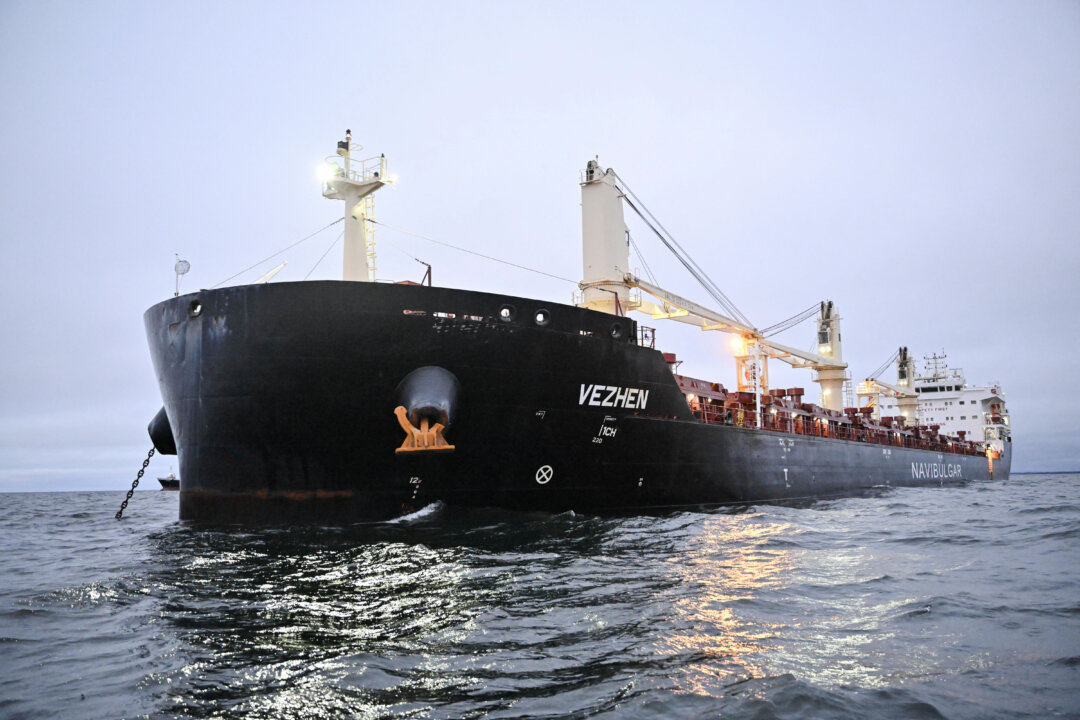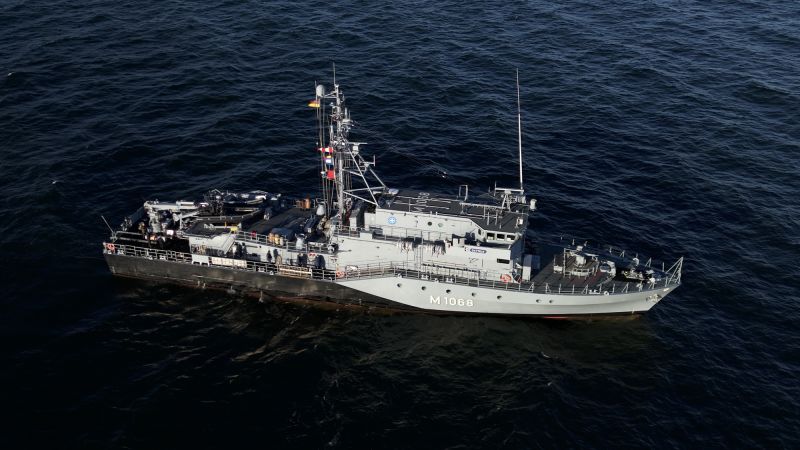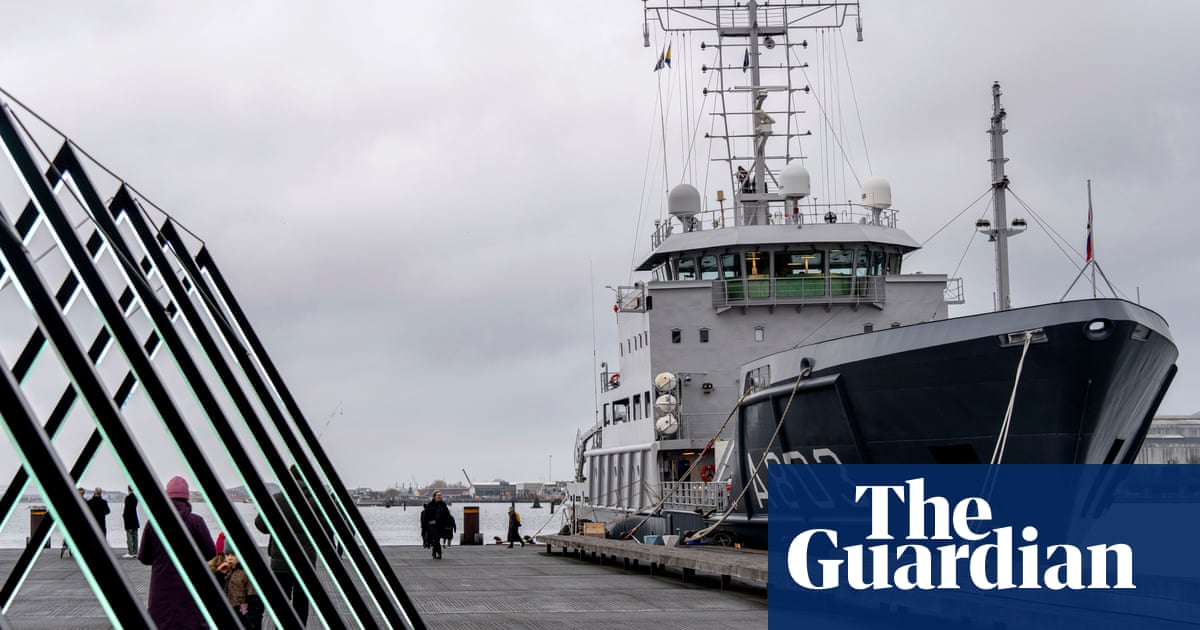Bulgarian Shipping Company Denies Sabotage in Baltic Cable Incident Amid NATO Investigations
A Bulgarian firm denies intentional damage to an undersea cable as NATO investigates possible sabotage linked to geopolitical tensions.
Subscribe to unlock this story
We really don't like cutting you off, but you've reached your monthly limit. At just $5/month, subscriptions are how we keep this project going. Start your free 7-day trial today!
Get StartedHave an account? Sign in
Overview
An undersea fiber optic cable linking Latvia and Sweden was damaged on January 27, 2025, likely due to external factors. A Bulgarian shipping company, Navibulgar, denied allegations that its cargo ship Vezhen intentionally caused the damage, stating it encountered bad weather and its anchor may have dragged over the cable. Swedish prosecutors have launched a preliminary investigation on suspicion of sabotage, raising security concerns as previous cable incidents in the Baltic have been associated with covert operations. NATO has increased surveillance and patrols in the region, while Latvia's navy inspects vessels near the incident site.
Report issue

Read both sides in 5 minutes each day
Analysis
Analysis unavailable for this viewpoint.
Articles (8)
Center (3)
History
- 9M

 3 articles
3 articles




